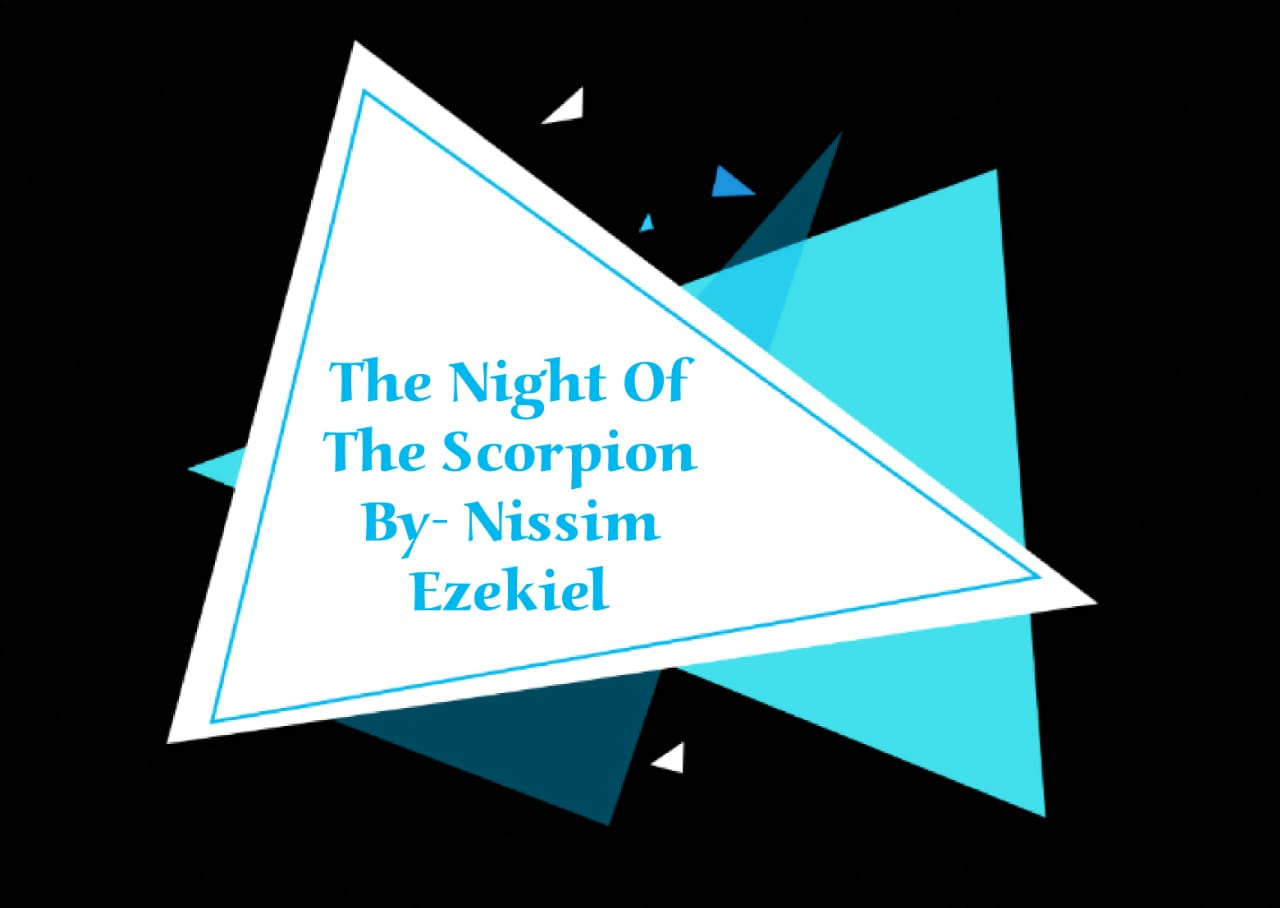Appreciation Of Night Of Scorpion is famous in post-colonial Indian English literature. It is a powerful narrative depicting the rural Indian experience. Ezekiel explores suffering, compassion and the difference between faith and reason. Vividly describes his mother’s suffering after being stung by a scorpion. This essay assesses the depth of the poem. And examines the literary techniques used by Ezekiel to convey the complex story of man’s response to suffering.
The poem tells about the night when a scorpion bit his mother, exposed the superstitions of the villagers. And tried to do all sorts of stupid things instead of helping her. At the end of the poem, she beautifully describes a mother’s love for her child. Watch this video to understand the text. Go to word meanings, idioms and idioms. It includes everything you need for your exams.
In the realm of literature, some works have a timeless appeal that transcends cultural boundaries and resonates. One such masterpiece is “Appreciation Of Night Of Scorpion” by the famous Indian poet Niseem Ezekiel. Whose haunting lyrics depict the complexities of human experience and life. In this essay, we will embark on a journey of appreciation, examining the themes, imagery. Meaning of The Night of the Scorpion in its literary context.

Poet:
Before we get to the poem itself, it is important to understand the poet behind the words. Considered the father of modern Indian English poetry, Niseem Ezekiel was born in Mumbai in 1924. His poetry reflects the cultural mosaic of India, blending Western influences with indigenous themes to create unique and compelling work. Ezekiel’s poetry explores the themes of identity, alienation, spirituality. The human condition in his life and has won him praise at home and abroad.
Characteristics and pictures:
Basically, “Appreciation Of Night Of Scorpion” is a narrative poem that tells about a tragic event from the poet’s childhood. Set on a rainy night in a rural Indian village, the poem unfolds with images. Senses, immersing the reader in the local atmosphere. The main theme of the song revolves around the selfless love of a mother. Who goes through great pain to save her child from a scorpion sting. In this powerful narrative, Ezekiel explores themes of sacrifice, mercy, and the resilience of the human spirit.
Meaning and interpretation:
Ezekiel’s imagery and allegories enrich the text, inviting readers to explore deeper meanings and interpretations.
Literary analysis and criticism:
Critics praised the economy of the language and the ability to convey complex themes with simplicity and grace. Moreover, the poem’s exploration of Indian folk themes adds richness and depth to the text, increasing its appeal to readers.
Legacy and influence:
Over the years, Night of the Scorpion has cemented its status. As a popular piece of Indian literature in English among readers and scholars. As a result, the poem is studied in classrooms, around history. And literature, encouraging readers to appreciate the beauty of language and the richness of human experience.

FAQs:
Who wrote “The Night of the Scorpion”?
The poem was written by Niseem Ezekiel, a renowned Indian poet.
What is the central theme?
It revolves around a mother’s selfless love and the resilience of the human spirit.
Where is it set?
The poem is set in a rural Indian village on a monsoon night.
What literary techniques are used?
Vivid imagery and symbolism are employed to convey complex themes.
What is its significance?
It’s celebrated for its universal themes and Ezekiel’s poetic prowess.
How has it been received?
Critics praise its language and readers are moved in its insights.
What is its legacy?
It’s a classic work studied in literature and continues to inspire readers.
Where can I learn more?
Explore literary journals, academic sources, and online discussions.
